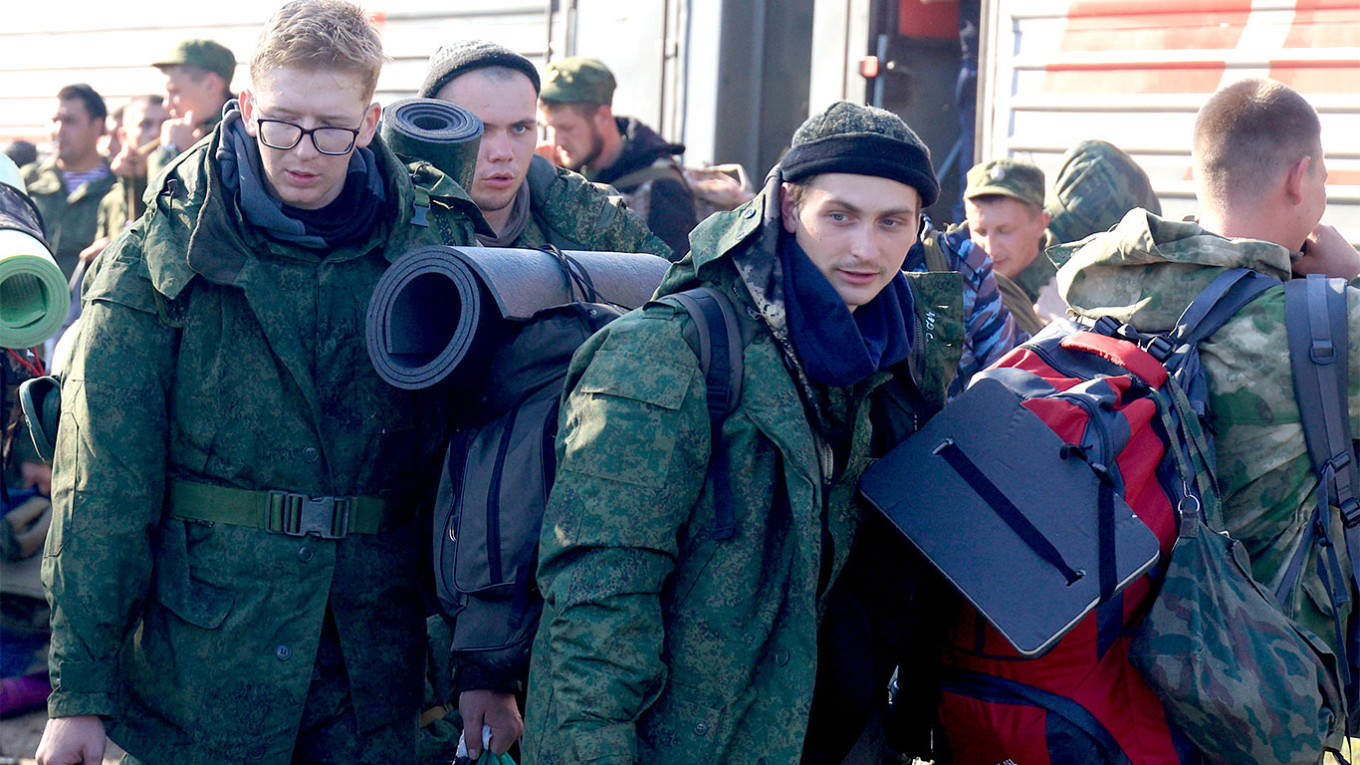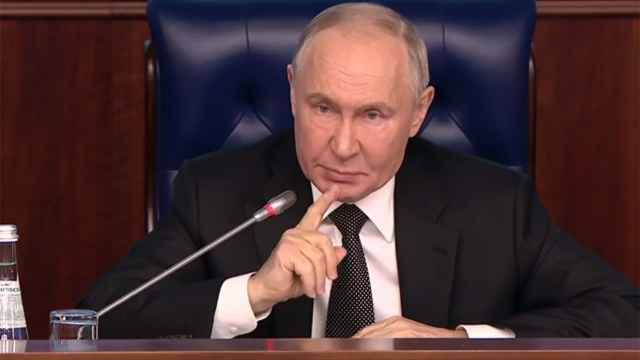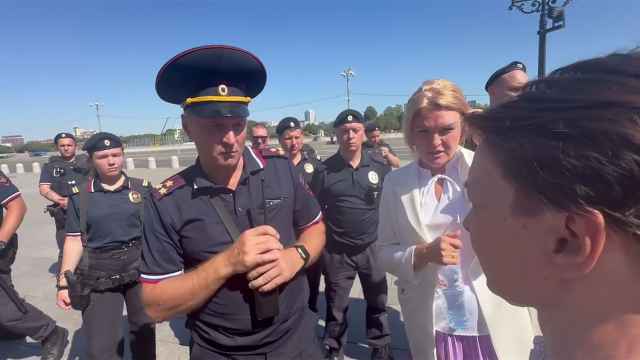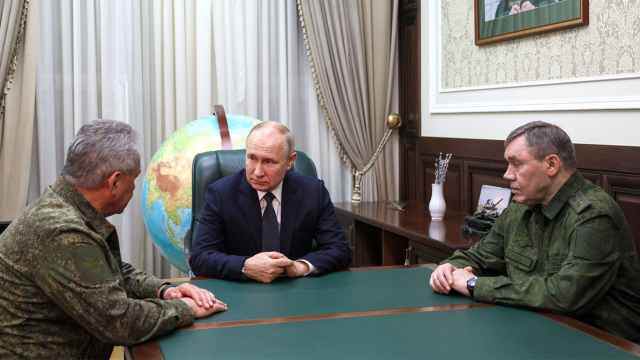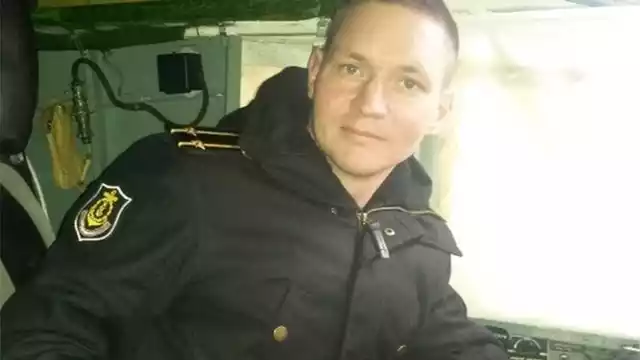One in five mobilized Russian soldiers who died in the Ukraine war were killed less than two months after being enlisted, the independent investigative outlet IStories and the war monitoring project Conflict Intelligence Team (CIT) reported Thursday, citing publicly available data.
IStories and CIT said their figures are based on data related to the deaths of nearly 3,000 draftees who have died since President Vladimir Putin announced a "partial" mobilization last September.
However, the two outlets stressed that the true death toll among mobilized troops is likely much higher.
The approximately 3,000 draftee deaths were documented by media reports, official announcements and relatives of soldiers who chose to speak publicly.
Only four of the mobilized reservists who died in the conflict lasted more than 11 months before being killed, according to IStories and CIT.
More than half of the mobilized troops killed were between the ages of 30 and 45 at the time of their death, according to the analysis, while nearly a third died between the ages of 20-29.
Moscow rarely comments on its war dead and the Russian Defense Ministry last updated its soldier death toll in September 2022, placing the figure at under 6,000 killed.
Western intelligence documents leaked earlier this year put the actual number closer to 110,00 Russian soldiers wounded and killed by February 2023.
Since announcing a "partial" mobilization of 300,000 reservists on Sept. 21, 2022, Russian authorities have digitized military records and tightened criminal punishment for draft evasion, as some observers have speculated that the Kremlin is preparing for a new draft campaign.
Yet the first wave of mobilization initiated last year is technically still in place as Putin, who publically declared its end in November, has not signed a presidential decree that officially concludes mobilization.
A Message from The Moscow Times:
Dear readers,
We are facing unprecedented challenges. Russia's Prosecutor General's Office has designated The Moscow Times as an "undesirable" organization, criminalizing our work and putting our staff at risk of prosecution. This follows our earlier unjust labeling as a "foreign agent."
These actions are direct attempts to silence independent journalism in Russia. The authorities claim our work "discredits the decisions of the Russian leadership." We see things differently: we strive to provide accurate, unbiased reporting on Russia.
We, the journalists of The Moscow Times, refuse to be silenced. But to continue our work, we need your help.
Your support, no matter how small, makes a world of difference. If you can, please support us monthly starting from just $2. It's quick to set up, and every contribution makes a significant impact.
By supporting The Moscow Times, you're defending open, independent journalism in the face of repression. Thank you for standing with us.
Remind me later.


